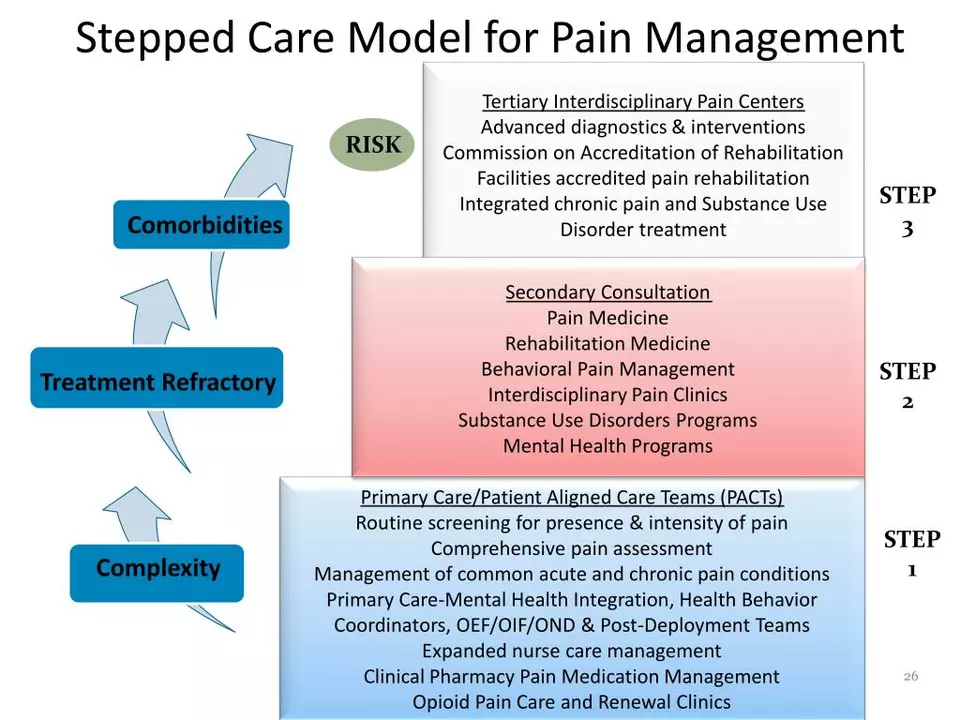Cancer Pain Management: Simple Ways to Find Relief
If you or a loved one are dealing with cancer, pain can feel like an extra burden. The good news is that there are many tools you can use right now to make the ache more manageable. Below are straightforward steps that fit into daily life and don’t require a medical degree to understand.
Choosing the Right Medications
The first thing most people think of is medicine, and for a reason – drugs are powerful pain fighters when used correctly. Talk with your oncologist about three main groups:
- Non‑opioid analgesics: acetaminophen or ibuprofen can help mild to moderate aches.
- Opioids: morphine, oxycodone, and similar drugs are for stronger pain. Ask about the lowest effective dose and how often you need it.
- Adjuvant meds: antidepressants or anticonvulsants (like gabapentin) work well for nerve‑related cancer pain.
Ask your doctor to write a clear plan that covers dosage, timing, and what to do if side effects pop up. Keep a notebook of how you feel after each dose – it helps the doctor fine‑tune the regimen.
Non‑Drug Strategies That Help
Medications are only part of the picture. Simple habits can cut down pain spikes:
- Heat or cold packs: Warmth eases muscle tension, while a cool pack can numb sharp nerve pain.
- Gentle movement: Short walks or stretching keep joints flexible and reduce stiffness that worsens discomfort.
- Relaxation techniques: Deep breathing, guided imagery, or even listening to calming music lowers stress hormones that amplify pain signals.
Nutrition also matters. Eating smaller, balanced meals prevents stomach irritation from strong meds and keeps energy up for daily activities.
If you’re dealing with bone pain from metastases, a low‑impact activity like swimming can be kinder to fragile areas while still offering the benefits of movement.
Support groups are another hidden gem. Hearing how others manage their pain gives you fresh ideas and reminds you that you’re not alone in this fight.
OnMen’s tag page for cancer pain management collects articles on related drugs, safe online purchases, and lifestyle tips. Use it as a quick reference when you need to check dosage info or look up alternative therapies.
Remember: pain control is an ongoing conversation with your care team. Don’t wait for the next appointment if something feels off – call your nurse line, adjust what’s been prescribed, and keep tracking results.
By combining the right meds with simple home strategies, you can lower cancer‑related pain and focus more on living each day fully.
Butylscopolamine and its potential role in cancer pain management
I recently came across some fascinating research on butylscopolamine and its potential role in cancer pain management. Butylscopolamine, also known as hyoscine butylbromide, is a medication usually prescribed for gastrointestinal issues, but studies show that it may also help alleviate pain in cancer patients. This drug works by relaxing muscle spasms, which can provide relief from pain associated with tumors pressing on organs or nerves. It's important to note that while butylscopolamine may not completely eliminate cancer pain, it could potentially improve the quality of life for those suffering. As a blogger, I'm always intrigued by new developments in pain management, and I'm eager to see how this research progresses in the coming years.






